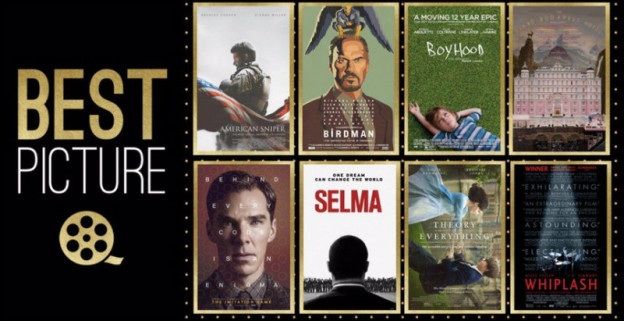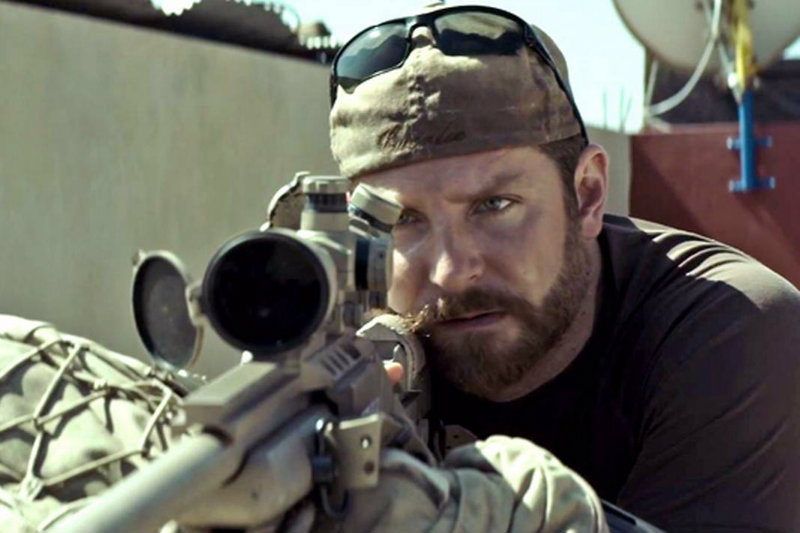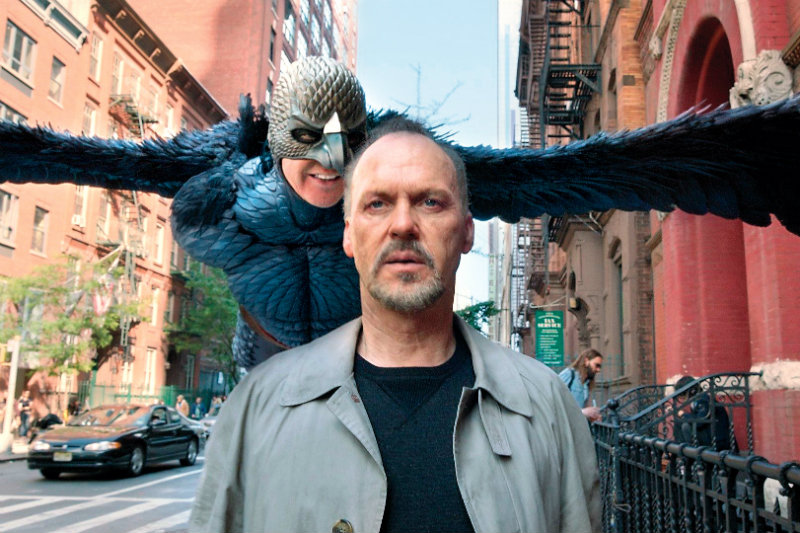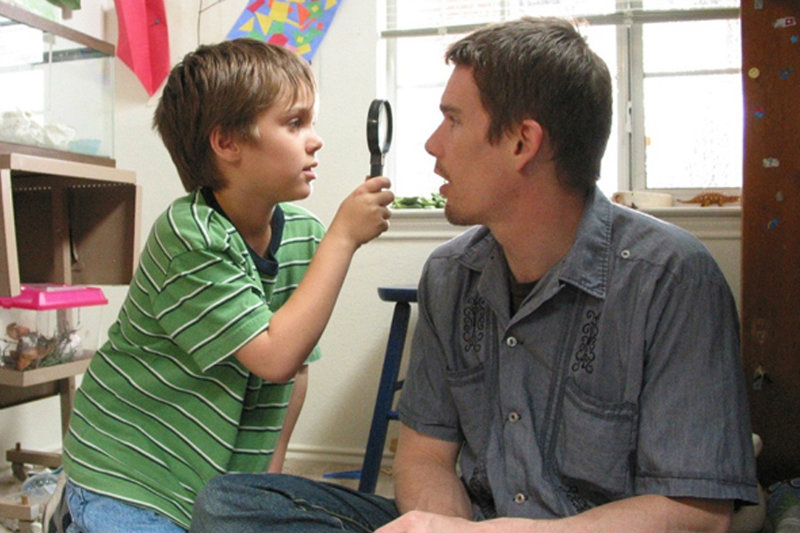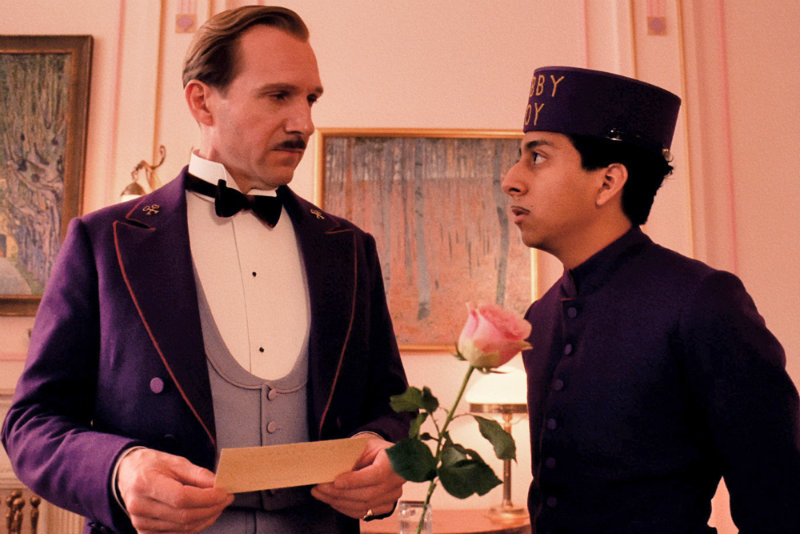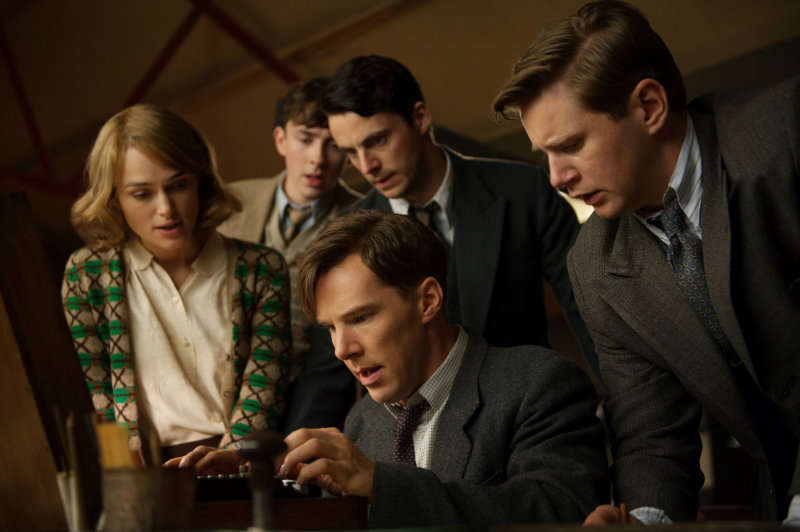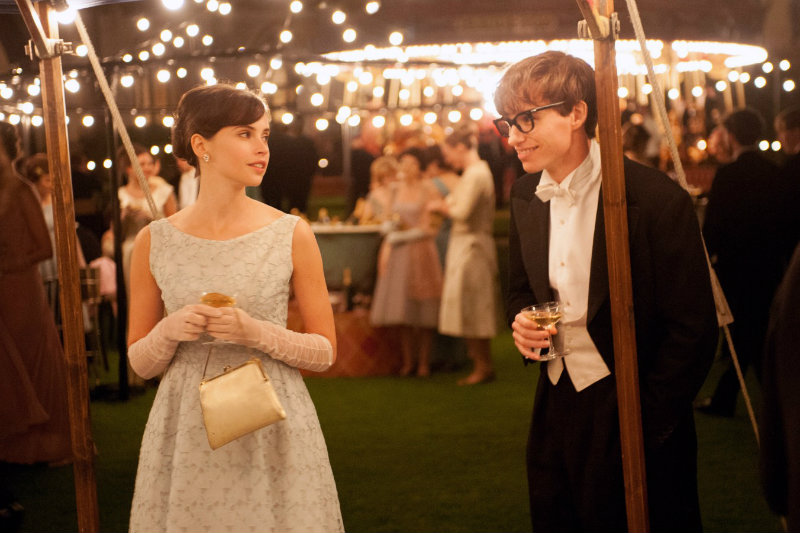On Sunday, Birdman may have nabbed the Best Picture Oscar. However, as history has proven, not every winner of the show’s top prize truly proved to be as deserving as its competition. In the aftermath of another Oscar season, we decided to take a look at each of the films nominated for Best Picture.
American Sniper (Director: Clint Eastwood)
(Director: Clint Eastwood)
Like many other politically charged films before it, Clint Eastwood’s American Sniper has been the subject of some controversy. However, the film’s social and political commentary aside, it is lacking from a storytelling perspective. Bradley Cooper delivers a committed, fine-tuned turn as Chris Kyle, the real-life soldier credited with more than 160 kills, and American Sniper undoubtedly aims to tell the story of how Kyle’s four tours of duty affected his personal life as well as the acts that led him to become a military legend. The film is at its best when it focuses on the emotional trauma that accompanies war and the inherent contradiction in taking lives for the greater good, but while a number of tense or bittersweet moments evoke that theme (such as when Kyle is approached by a young Marine whose life he once saved), the film places a far greater focus on the wartime activity, only intermittently dipping into Kyle’s relationship with his wife and ultimately doing a disservice to the story of sacrifice it aims to tell.
Rating: 3 out of 5
Birdman Or (The Unexpected Virtue of Ignorance) (Director: Alejandro Gonzalez Iñárritu)
(Director: Alejandro Gonzalez Iñárritu)
Like its main character, Birdman has a bit of an identity crisis, as it can’t decide if it wants to be a soaring backstage melodrama or a satirical dark comedy and ends up being an imperfect amalgamation of the two. The film is a testament to the difficulty and risk inherent in creating any piece of art. Alejandro Gonzalez Iñárritu and his team have created a film that, while not quite the masterpiece it aspires to be, will likely inspire admiration for its technical achievement and bevy of worthy performances (especially Keaton and Norton). See our full-length review of Birdman here.
Rating: 4.5 out of 5
Boyhood (Director: Richard Linklater)
(Director: Richard Linklater)
Richard Linklater follows up his Before trilogy with another exploration of how people change and evolve over time in Boyhood. The film tracks the adolescence of a young boy (Ellar Coltrane) from age 6 to 18. The ambitious project – which was filmed over the course of 12 years – endeavors to serve as a commentary on the difficulties of finding yourself and making that awkward transition from precocious child to moody teen. The audience is essentially along for the ride in a fly-on-the-wall capacity, and while the task of crafting a narrative that spans a dozen years is a bold one, the story feels more like snippets of time than a cohesive tale. Coltrane’s character is also often too passive to truly connect to, and the actor’s limited onscreen skill doesn’t help much (though Patricia Arquette and Ethan Hawke provide fine support). The goal of Boyhood is hammered home frequently throughout its 165-minute runtime, but despite being an intriguing experiment, the film ultimately doesn’t end up saying too much about the experience of growing up.
Rating: 3.5 out of 5
The Grand Budapest Hotel (Director: Wes Anderson)
(Director: Wes Anderson)
The Wes Anderson fever dream known as The Grand Budapest Hotel plays like a culmination of the directors’ previous endeavors, serving as the ultimate fusion of his quirky (and, many would argue, visionary) style. Featuring a gifted ensemble cast brilliantly led by the manic and charming Ralph Fiennes (in a role that should have received Academy Award recognition), the film follows Gustave H. (Fiennes) and his loyal lobby boy Zero (Tony Revolori) as the pair dodge assassins an unravel the mysterious death of one of Gustave’s many paramours (Tilda Swinton). The film employs a brilliant flashback-within-a-flashback-within a flashback (yes, really), and its stunning production design and old-fashioned aesthetic make this goofy caper feel just like the establishment of its title: a welcome relic of a forgotten age, one that you can’t help but want to revisit.
Rating: 4.5 out of 5
The Imitation Game (Director: Morten Tyldum)
(Director: Morten Tyldum)
One wouldn’t think that code-cracking would make particularly enticing subject matter for a cinematic adaptation. However, The Imitation Game proves that assumption wrong. The film grounds its historical backdrop – the MI-6 effort to decrypt the secret Nazi code during World War II – within the tortured genius mind of mathematician Alan Turing (Benedict Cumberbatch), and therein finds more than enough complexity, pathos and humanity to propel the narrative forward in surprising ways. Heavy use of flashbacks and intermittent visits to the battlefield serve to remind viewers of the personal and global scales hanging in the balance. Cumberbatch perfectly nails his character’s inherent sadness and the bravado he uses to mask it, and his performance is nothing short of brilliance. Keira Knightley, Charles Dance, Mark Strong and Matthew Goode are also key parts of the film’s strong supporting cast. A moving and powerful portrait of a beautiful mind.
Rating: 4 out of 5
Selma (Director: Ava DuVernay)
(Director: Ava DuVernay)
For a figure as influential and historically significant, Dr. Martin Luther King Jr. has been criminally under-represented on the big screen. Selma goes a long way towards rectifying that, and David Oyelowo’s stirring portrayal of the civil rights activist as he stages the 1965 voting rights marches through Alabama provides perhaps the best glimpse into his life – as well as the political and personal obstacles he faced in taking a stand – that moviegoers have yet seen. Moreover, by focusing on such a singular issue and a relatively brief period of time, the film has enough room to develop its story. An ensemble cast that includes Tom Wilkinson, Tim Roth, Carmen Ejogo and producer Oprah Winfrey only elevates the already-strong script.
Rating: 4 out of 5
The Theory of Everything (Director: James Marsh)
(Director: James Marsh)
The pioneering scientific mind of Hawking (as well as his declining medical condition due to ALS) is perfectly captured by Eddie Redmayne in The Theory of Everything, whose transformative performance is both tragic and hopeful at the same time. Likewise, Felicity Jones is flawless as Jane, a woman caught between doing what she feels is right and following her own heart. That being said, The Theory of Everything tries in vain to cram decades of story into a two-hour film, and as a result, brushes aside more nuanced story development in order to keep the plot charging forward. The script is undeniably filled with some great moments, but like so many biopics before it, The Theory of Everything serves mostly as a showcase for its leads, eschewing other elements of Hawking’s work and succumbing to cliche on more than one occasion.
Rating: 3.5 out of 5
Whiplash (Director: Damien Chazelle)
(Director: Damien Chazelle)
Under Damien Chazelle’s confident direction, stars Miles Teller and J.K. Simmons deliver career-best performances as a young jazz drumming prodigy and his unpredictable mentor in last year’s Sundance darling Whiplash. The film chronicles the rise and fall of the tumultuous relationship between its two leads, raising thought-provoking questions about what it takes to truly achieve greatness and the toll that such (necessary?) unerring devotion takes on the mind. On its surface, Whiplash is about the arts, but its larger themes and even larger emotional set pieces can just as easily be applied to any other passion. Chazelle accomplishes a rare feat here, setting a tension that doesn’t let up for the entire runtime of the film and culminating in a haunting conclusion that will stay with you for days.
Rating: 5 out of 5
What do you think of this year’s Best Picture nominees? Which was your favorite? Tweet me your thoughts @crookedtable!

